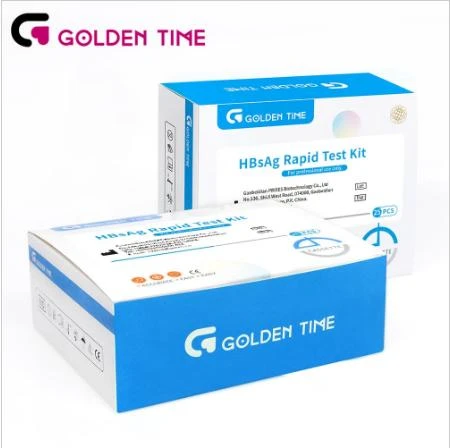Kas . 27, 2024 12:14 Back to list
Understanding Blood Test Results for Dengue Fever Diagnosis and Management
Understanding Blood Tests for Dengue Diagnosis
Dengue fever, caused by the dengue virus and transmitted primarily through the Aedes mosquito, poses a significant public health challenge in tropical and subtropical regions around the world. With an increasing incidence of dengue cases, understanding the importance of blood tests for diagnosis and management has become essential.
What is Dengue Fever?
Dengue fever manifests with symptoms that typically include high fever, severe headaches, pain behind the eyes, joint and muscle pain, rash, and mild bleeding. In some cases, it can progress to severe dengue, which may lead to serious complications including hemorrhagic fever and dengue shock syndrome. Early detection through blood tests plays a crucial role in managing the disease and reducing the risk of complications.
The Role of Blood Tests in Dengue Diagnosis
Blood tests are fundamental in the diagnosis of dengue fever. They are primarily used to detect the presence of the virus, the body’s immune response to the virus, and any signs of complications. The main types of tests used include
1. Dengue NS1 Antigen Test This test detects the dengue virus itself. The NS1 antigen can be found in the blood during the early stages of dengue infection, typically within the first week after the onset of symptoms. It is highly specific and can help differentiate dengue from other febrile illnesses.
2. Dengue IgM and IgG Antibody Tests These serological tests determine the immune response to the dengue virus. IgM antibodies typically indicate a recent infection and can usually be detected from the fifth day of illness onwards. On the other hand, IgG antibodies appear later and suggest a past infection. The presence of both IgM and IgG can indicate a secondary infection, which is associated with a higher risk of severe dengue.
3. Complete Blood Count (CBC) This routine test assesses overall health and can help identify complications such as thrombocytopenia (low platelet count), which is a common feature in dengue patients. Monitoring hemoglobin levels and white blood cell counts also provides insight into the patient’s condition.
blood test for dengue

When to Get Tested
Individuals experiencing symptoms consistent with dengue fever, especially those living in or traveling to endemic areas, should seek medical evaluation promptly. Doctors may recommend blood tests to confirm the diagnosis, especially if symptoms persist for several days. Early diagnosis is crucial, as it allows for proper monitoring and supportive management to prevent severe manifestations of the disease.
Interpreting Test Results
Interpreting the results of dengue blood tests requires careful consideration by healthcare professionals. A positive NS1 test in conjunction with low platelet counts may indicate a severe infection, requiring hospitalization and more rigorous monitoring. Conversely, a positive IgM test without severe symptoms may allow for outpatient management.
In some cases, the timing of the test is critical. Testing too early may yield false-negative results, as antibodies may not yet be present. Therefore, it is important for both patients and healthcare providers to understand the appropriate windows for testing to ensure accurate diagnosis.
Future Trends in Dengue Diagnosis
Advances in technology are paving the way for improved diagnostics. Rapid diagnostic tests (RDTs) are being developed that can provide results quickly, even in resource-limited settings. Molecular techniques like PCR (polymerase chain reaction) are also gaining prominence, allowing for the early detection of viral RNA, which can be particularly beneficial during the early phase of infection.
Conclusion
In conclusion, blood tests are integral to the diagnosis and management of dengue fever. They not only confirm the presence of the virus but also aid in assessing the severity of the disease and guiding treatment decisions. With rising dengue incidence globally, enhanced awareness and timely testing are paramount in combating this viral threat. Healthcare professionals and the public must remain vigilant in recognizing symptoms and seeking appropriate medical care, thereby mitigating the impacts of dengue fever in affected communities. The continuous evolution of diagnostic techniques holds promise for more effective management of dengue in the future.
-
Malaria Pf Ag Rapid Test Kit - Quick & Accurate Detection
NewsAug.11,2025
-
Accurate Cardiac Marker CK-MB Rapid Test for Quick Results
NewsAug.10,2025
-
Premium Empty ABS Plastic Cassette for Test Strips
NewsAug.09,2025
-
Sterile Urine Cup: Accurate Specimen Collection for Labs & Home
NewsAug.08,2025
-
Malaria Pf/Pan Ag Rapid Test Kit for Fast, Accurate Diagnosis
NewsAug.07,2025
-
Rapid Canine Corona Test: Fast & Accurate Results
NewsAug.06,2025

